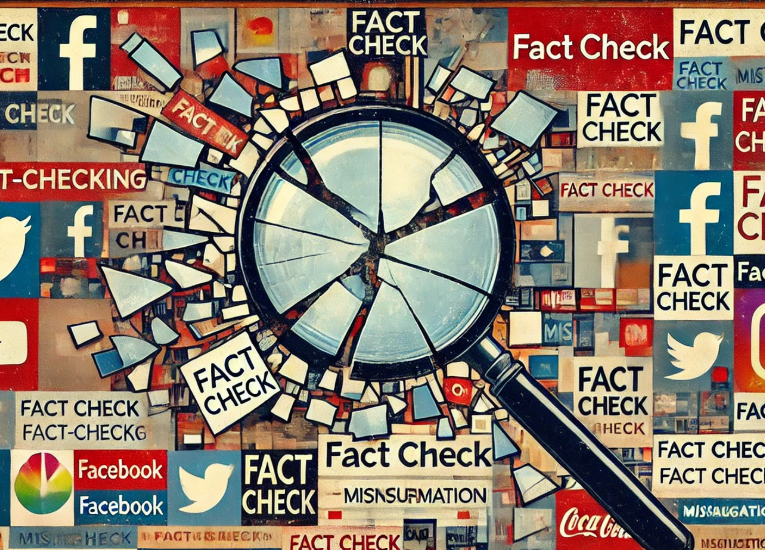Meta, formerly Facebook, has recently terminated its Fact-Checking Program, citing concerns of political bias. Could this decision signal a strategic pivot to align with the priorities of the new US President, Donald Trump? Mark Zuckerberg’s critique of the program’s alleged left-wing leanings raises questions about the role of social media platforms in moderating truth and misinformation.
Key Points:
- Meta announced the termination of its Fact-Checking Program, citing issues of political bias and questioning its effectiveness.
- Mark Zuckerberg claimed the program leaned toward left-wing perspectives, alienating conservative voices.
- Speculation suggests this move aligns with efforts to improve relations with President Donald Trump’s administration.
- The decision reflects a broader shift in how social media platforms approach content moderation.
Short Narrative:
In a surprising yet calculated move, Meta has ended its Fact-Checking Program, a feature introduced to combat the spread of misinformation across its platforms. The decision comes as Donald Trump’s return to the presidency reshapes the political landscape and tech industry dynamics. CEO Mark Zuckerberg’s public critique of the program’s alleged political bias offers a window into the internal deliberations driving this decision. Critics argue that by discontinuing fact-checking, Meta could create a more permissive environment for misinformation under the guise of neutrality.
Zuckerberg’s remarks about the program being “biased against conservatives” have reignited debates about Silicon Valley’s purported liberal bias. These allegations may also be interpreted as a strategic olive branch to the Trump administration, which has long accused tech giants of censoring conservative voices. Meta’s pivot—though framed as a bid for neutrality—raises ethical concerns about the tech industry’s responsibility in the age of disinformation. Is this a retreat from accountability disguised as an effort to foster inclusivity?
Actionable Insight:
For Meta’s shareholders and the broader tech community, the termination of the Fact-Checking Program signals a need to scrutinize the company’s evolving priorities. Observers should assess whether this shift reflects a genuine attempt to ensure political balance or merely a strategic recalibration to curry favor with a politically advantageous administration.
Call for Information:
Have insights into the internal discussions at Meta or similar actions at other tech companies? Share your thoughts with us. Transparency in these decisions is crucial to understanding the future of digital discourse.





